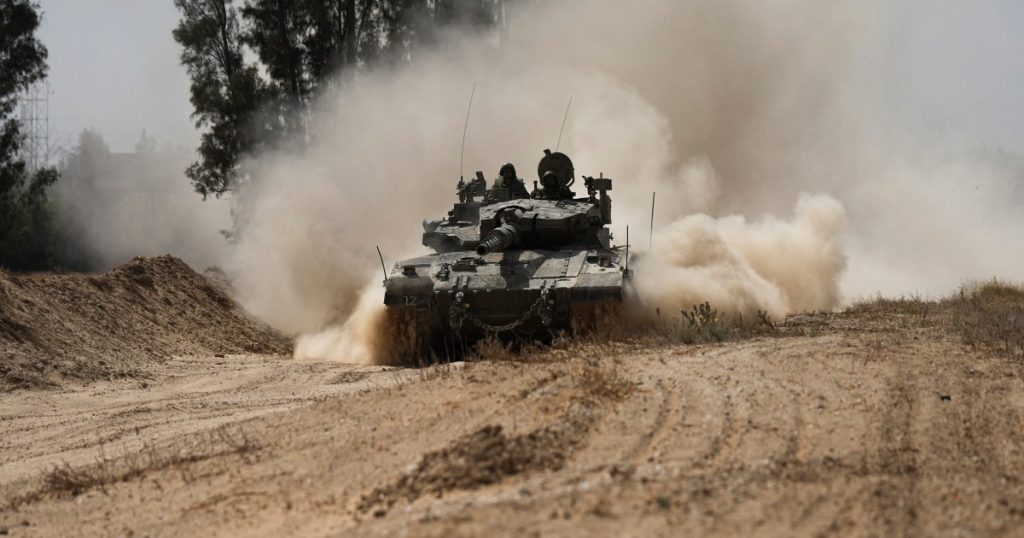The United States has issued a security alert restricting travel for its staff in Israel amid fears of an imminent retaliatory attack by Iran. The U.S. embassy in Jerusalem has placed limitations on personal travel outside of the greater Tel Aviv, Jerusalem, and Be’er Sheva areas as a precautionary measure. Israel’s military has vowed to defend the country and respond to potential threats, raising concerns that the conflict could escalate into a wider war. Iranian Supreme Leader Ayatollah Ali Khamenei has called for Israel to be punished for an attack on its embassy in Syria, further escalating tensions in the region.
The U.S. has promised support for Israel in the face of Iranian threats and has worked to prevent further escalation. Israeli leaders have indicated their readiness to respond to any potential attacks from Iran, with Defense Minister Yoav Gallant and Prime Minister Benjamin Netanyahu both affirming Israel’s preparedness for defensive and offensive actions. The Israel Defense Forces have also stated that they are alert and highly prepared for various potential scenarios. Despite the escalating tensions, Prime Minister Netanyahu has vowed that Israel is ready for situations beyond Gaza, indicating a sense of readiness for potential threats.
Meanwhile, Palestinians in Gaza are facing food shortages amid severe humanitarian concerns, with the White House warning that famine in the territory is imminent. The ongoing conflict has resulted in the deaths of thousands of people in Gaza, further adding to the humanitarian crisis in the region. Hamas leader Ismail Haniyeh has expressed a desire for a cease-fire deal, despite facing challenges in negotiations with Israel. It is unclear how Iran’s retaliation may manifest, whether through direct attacks or through Tehran-backed groups operating in other countries in the region.
Tehran has accused Israel of violating international law by targeting diplomatic premises in the recent consulate strike in Damascus. The Iranian Foreign Minister emphasized the need for legitimate defense to punish aggressors, further underscoring the escalating tensions in the region. The U.S. has communicated to Iran that it was not involved in the strike and warned against further escalation or attacks on U.S. facilities or personnel. Gen. Michael “Erik” Kurilla, the top U.S. commander for the Middle East, has expedited his trip to Israel to discuss current security threats with Israeli military leadership.
President Joe Biden has reaffirmed the U.S.’s commitment to Israel’s security against threats from Iran and its proxies, despite growing criticism of Israeli actions in Gaza. The White House has urged Iran to refrain from using the consulate strike as a pretext for further escalation and has emphasized the importance of de-escalating tensions in the region. As the situation continues to evolve, the U.S. and Israel remain vigilant in the face of potential threats from Iran, underscoring the complex dynamics at play in the Middle East.















